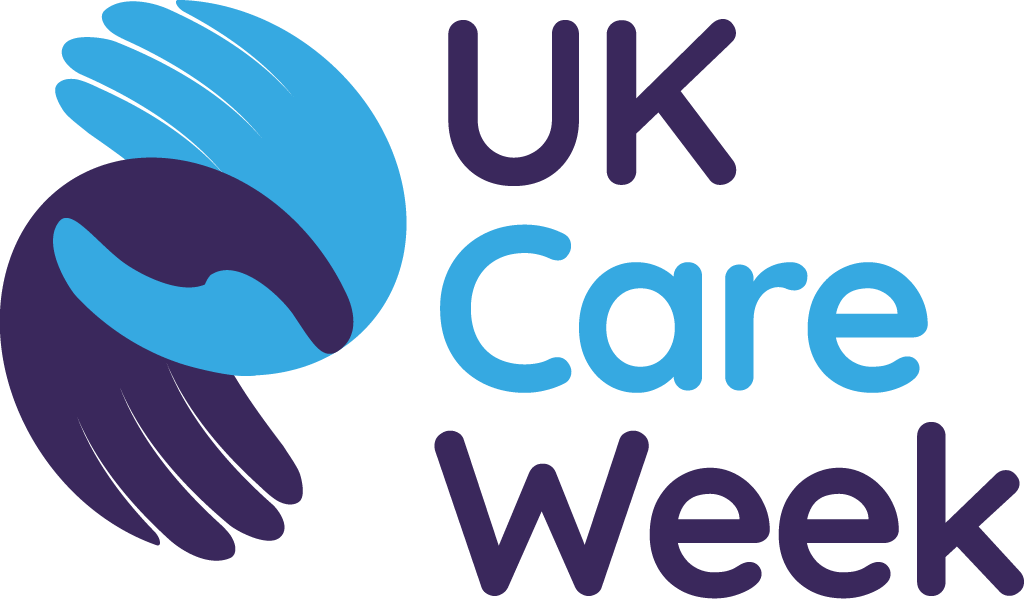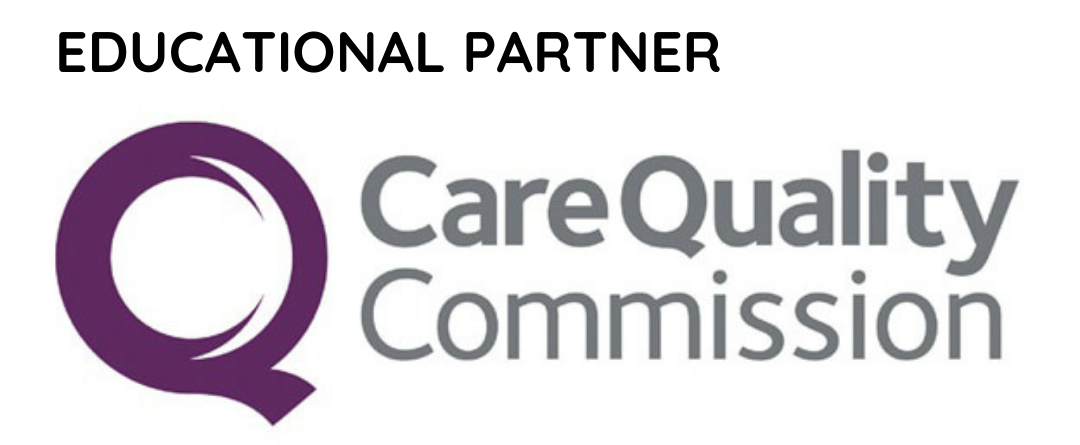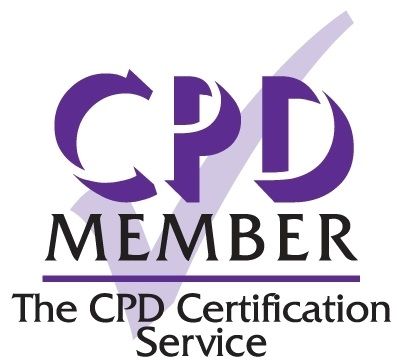My Dementia Story: Peter Middleton
)
Peter Middleton was diagnosed with Alzheimer’s Disease seven years ago at the age of just 64. Here, he shares his journey towards a diagnosis, his personal coping mechanisms and how he’s inspiring others affected by dementia to continue to live full and enriched lives.
Could you share your journey toward receiving an Alzheimer’s diagnosis?
I was diagnosed at the end of 2018, but I had been misdiagnosed two years before that. I was working as a Police Community Support Officer in Nottingham, and I began to feel that I couldn’t cope with my workload. I used to arrive late for meetings or at the wrong place, and working with vulnerable adults and children, I was concerned that my mistakes and inaction would cause the suffering of someone.
So, I raised my concerns with my bosses, like all good employees should do, and they told me I was being lazy. They just wouldn’t listen to me, and I couldn’t cope with it, so I had a series of breakdowns. I later visited the doctor, and they gave me a cognitive test, which I passed with flying colours, and I still would – I have a measured IQ of 153 and have been a member of Mensa for 30-odd years. I’m good at tests, but that doesn’t mean I don’t have dementia.
Anyway, that five-minute interview resulted in a diagnosis of depression and anxiety. I was parked on long-term sick leave, referred to cognitive behavioural sessions and given very strong anti-depressants.
I tried to return to work as I don’t like being inactive, but every time I went back the same thing happened and I relapsed. Eventually, my employer sent me to see an Occupational Therapy Doctor and within two to three minutes of talking to her, she said “Pete, I think you have dementia.” She referred me for a brain scan and an appointment with a neurologist and from there, I was officially diagnosed with Alzheimer’s Disease.
What went through your mind when you were finally diagnosed?
Before I got my diagnosis, I was searching for a reason for my symptoms, but I didn’t for the life of me think I had dementia, even though I was working with people with young onset dementia as part of my job. So, really, the diagnosis, like most people will probably tell you, was a breath of fresh air for my wife and I because at last we had certainty. When you know what the problem is, you can start to deal with it as best you can. I’m a little bit of a fatalist and I accept the evidential truth, but not everybody does. I know a lot of people who are in denial about their diagnosis and think somehow that denial will make it go away. I’m not like that.
What level of support did you receive immediately after your diagnosis?
Well, I received lots of literature! If I had cancer there might be a course of treatment, but for dementia there’s nothing, so you’re just sent away with a pile of books. The NHS, by the way, had no part in my diagnosis – it was all done privately. Goodness knows where I’d be if I relied on the NHS.
The one useful thing that was given to me on the day we – my wife Pam and I - were diagnosed was a number for a helpline. I say we because all of a sudden Pam became and unpaid carer. She didn’t ask for this diagnosis either, so we both came out of that appointment with a label around our necks.
So, I phoned the helpline because I thought “knowledge is power’” That was quite cathartic because I hadn’t spoken to anyone about my diagnosis other than Pam, and at the end of the conversation, which lasted about an hour, I felt as if I had a plan. I wish I could find that person who spoke to me and thank them because they steered me, comforted me and gave me everything I need to know.
So, what were your next steps?
Straight after the telephone conversation, I said to Pam “okay, this is what we’ve got to do – we have to look at our wills and get those lasting powers of attorney in order…” and so we had a list of things to do, and we got cracking. We also brought our children into our conversations, and we talked about end-of-life.
As part of that process, we came to terms with my diagnosis. I felt in control, and that’s a good feeling to have because a diagnosis of dementia can be very disabling.
Since your diagnosis, you’ve become a public speaker and are very active in the community. Could you tell our readers more about this?
My days are very busy. I’m on a number of steering groups, including the 3 Nations Dementia Working Group, the Northamptonshire Dementia Action Forum, the DEFINing Young Dementia Group and the SPIN Dementia Network Plus. I also work with the Alzheimer’s Society data team to help make their systems more accessible.
In addition, I am a peer trainer with the NHFT Recovery College, running courses on cognitive impairment and ‘an introduction to dementia’ for people who are newly diagnosed. I’m a fundraiser and public speaker – I’m speaking at three conferences next month – and I also co-create and co-present comedy workshops. I believe that endorphins released by laughter are stronger than those released by class A drugs, and they’re a lot cheaper! So, people come along to the workshops, and we share a lot of joy and laughter.
I also engage in academic and clinical research studies. I’m currently working with Cambridge University Hospitals on the SHINE (Synaptic Health In Neurodegeneration) project. This is looking into whether neural pathways can regenerate, and I’m convinced that they do. I believe that my neural pathways are regenerating around the damaged part of my brain because I’m keeping active.
Do you think that keeping your brain active has helped you to live well with dementia?
Yes, no doubt about it. Every morning, I do three Sudoku puzzles. I also create and anagram word for Dementia Together Magazine every two months. So yes, keeping my brain active is my therapy – it keeps me sharp.
Could you describe your current symptoms, seven years on from your diagnosis?
People say that no two people with dementia are the same, and that’s absolutely true. There are more than 200 types of dementia, and it affects everyone differently. For me, my balance has been affected quite badly. Dementia can often affect language too. I do a lot of public speaking, so I exercise that muscle, but in the evening, after a long day of talking, I can’t speak properly – I stutter and repeat myself. But I’d say the hardest thing for me is how my short-term memory has been affected. I lose my phone 10 times a day or more. But, fortunately for me, my progression is slow, and I still do everything I used to do, before my diagnosis. I live independently and I travel independently. I get a sense a pride when travelling by train to conferences and meetings on my own, and that feeling keeps me going.
What messages of hope would you give to someone who is newly diagnosed with dementia and unsure of what they’ll be faced with?
I’d say that life is a rollercoaster - it has its ups and downs - but the alternative is a roundabout and that’s just boring.
I’d also advise people not to deny or ignore their diagnosis – you’ve got to accommodate it. If you plug into the community a little bit, you’ll get more support than you expect. So let everyone know about your diagnosis. You might lose a few friends over it, but that’s mostly because they don’t know what to say to you. If you’re upfront about it, you’ll take the burden from them. So, the more you engage with the community, the more you’ll find that other people have been walking on the same road as you and you can share your experiences.



